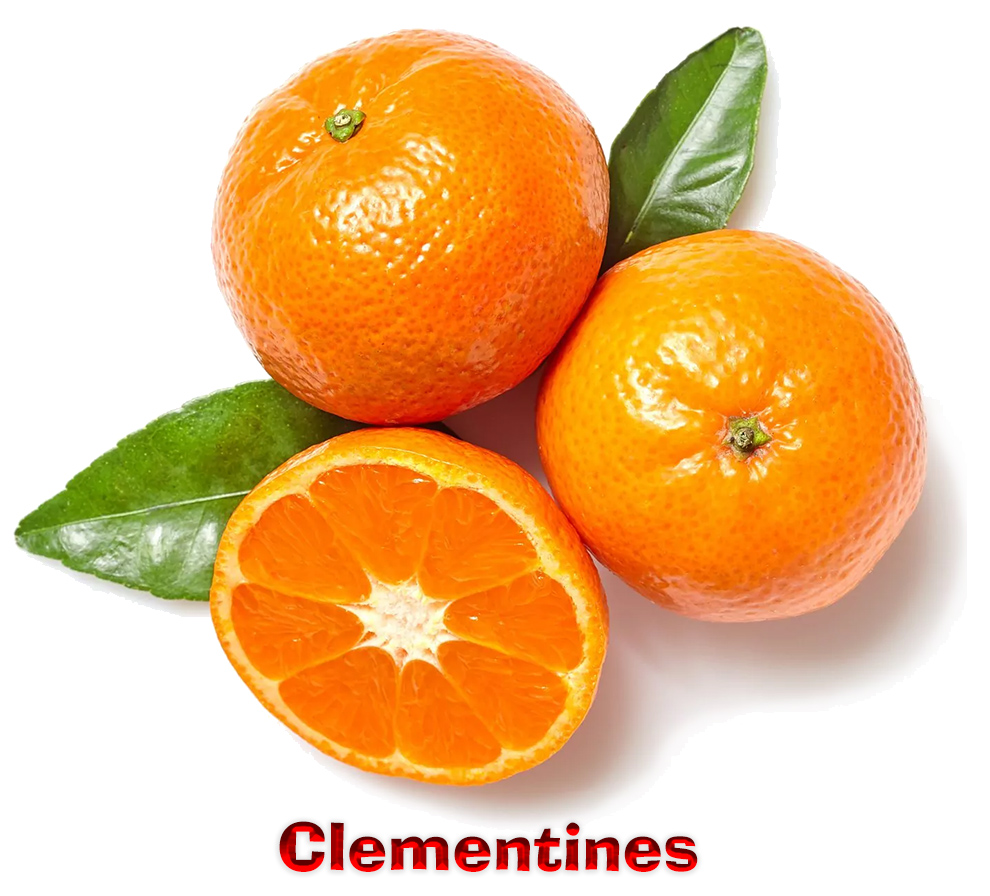We post news and comment on federal criminal justice issues, focused primarily on trial and post-conviction matters, legislative initiatives, and sentencing issues.

GRAVY
 Many see supervised release as gravy on the mashed potatoes of incarceration. While it may not be very good, it sure beats more potatoes without gravy. What courts don’t agree on is whether supervised release is intended to be for rehabilitation, extra punishment, or both.
Many see supervised release as gravy on the mashed potatoes of incarceration. While it may not be very good, it sure beats more potatoes without gravy. What courts don’t agree on is whether supervised release is intended to be for rehabilitation, extra punishment, or both.
Last week, the 4th Circuit came down on the punishment side of the equation, ruling that after a prisoner got his sentence vacated on appeal, being resentenced from 72 months down to 69 months but with an increase in supervised release from 4 years to 10 years, the new sentence was presumptively and unconstitutionally vindictive.
Years ago, the Supreme Court ruled in North Carolina v. Pearce that resentencing after a successful appeal or collateral attack to a higher term is presumptively vindictive and a violation of the 5th Amendment. Since Pearce, however, the Supreme Court has tempered the Pearce presumption, noting in Alabama v. Smith that it was not designed to prevent an increased sentence on retrial for some valid reason “associated with the need for flexibility and discretion in the sentencing process but was premised on the apparent need to guard against vindictiveness in the resentencing process” Smith limited the Pearce presumption to cases where there was a “reasonable likelihood that the increase was the product of actual vindictiveness.”
Last week, the 4th said, “When the same judge, in the same posture, imposes a harsher sentence following a successful appeal, the “presumption of vindictiveness applies to any unexplained increase in the sentence.”
 Comparing prison time to supervised release time, the Circuit said, “likens clementines to kumquats and likely draws on subjective choice.” Still, because the district court reduced [the] term of incarceration by only three months and increased his term of supervised release by six years, the “second sentence was indeed harsher than the first. Because the prisoner’s second sentence was harsher than his first and he was sentenced ‘by the same judge, in the same posture, following a successful appeal… a presumption of vindictiveness applies to any unexplained increase in his sentence.”
Comparing prison time to supervised release time, the Circuit said, “likens clementines to kumquats and likely draws on subjective choice.” Still, because the district court reduced [the] term of incarceration by only three months and increased his term of supervised release by six years, the “second sentence was indeed harsher than the first. Because the prisoner’s second sentence was harsher than his first and he was sentenced ‘by the same judge, in the same posture, following a successful appeal… a presumption of vindictiveness applies to any unexplained increase in his sentence.”
 Because the district court considered the same factors – alcohol abuse and medical condition – in the second sentencing as it did in the first, the 4th “conclude[d] that Pearce’s presumption of vindictiveness arose and was not rebutted… In these circumstances, we vacate the sentence and remand for resentencing.
Because the district court considered the same factors – alcohol abuse and medical condition – in the second sentencing as it did in the first, the 4th “conclude[d] that Pearce’s presumption of vindictiveness arose and was not rebutted… In these circumstances, we vacate the sentence and remand for resentencing.
United States v. Chang, Case No. 23-4615, 2024 U.S.App. LEXIS 29484 (4th Cir. November 20, 2024)
North Carolina v. Pearce, 395 U.S. 711 (1969)
Alabama v. Smith, 490 U.S. 794 (1989)
– Thomas L. Root

